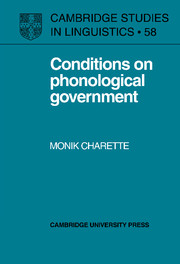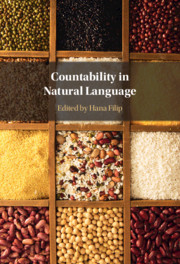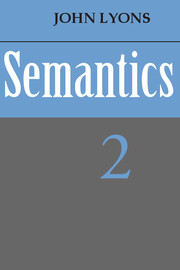Modal Sentences
Building on the logical tradition of possible world semantics, this innovative book explores the rich and diverse empirical domain of modality in language, offering an ambitious theory of linguistic modality as indicative of uncertainty. It covers a wide variety of languages ranging from English, Greek, Italian and French, to Native American and Asian languages, and studies modals alongside evidentials, questions, and imperatives, to enable a deeper understanding of modality. The authors introduce a new analysis of linguistic necessity as conveying evidential bias, identifying new categories such as flexible necessity modals, and offering a framework for the linguistic category of evidentiality as a branch of epistemic modality. They also study the relationship between questions and modals through the concepts of nonveridical equilibrium, reflection, and evidential bias. Laying out the formal semantic tools step-by-step, it is essential reading for both scholars and students of semantics, philosophy, computational linguistics, typology and communication theory.
- Explores a wide variety of modal phenomena in a broad range of languages, including well studied ones (English, German), but also lesser studied ones such as Greek, Italian, French, Native American languages of North and South America, Korean, and Japanese
- Introduces the theory of modality step-by-step, and builds on how formal semantic analyses developed historically, starting with modal logics and moving through possible world semantics and the nonveridically theory of modality
- Develops a unifying framework for modality based on the notions of non-veridicality, equilibrium, bias, and meta-evaluation that affords the broadest possible empirical coverage and connects phenomena that belong together analytically
Product details
December 2025Hardback
9781108839372
250 pages
216 × 140 mm
Not yet published - available from December 2025
Table of Contents
- Acknowledgments
- Abbreviations
- List of figures
- 1. Linguistic modality
- 2. The landscape of modality
- 3. A formal semantic theory for linguistic modality
- 4. Unitary modals, the future, and non-biased necessity
- 5. Modality and time
- 6. Epistemic modality, evidentiality, and evidence
- 7. Directive modality: deontic and imperative sentences
- 8. Modal structure in questions: reflection, aporia, and bias
- Bibliography
- Glossary
- Index.






